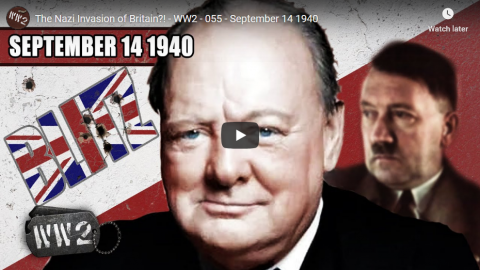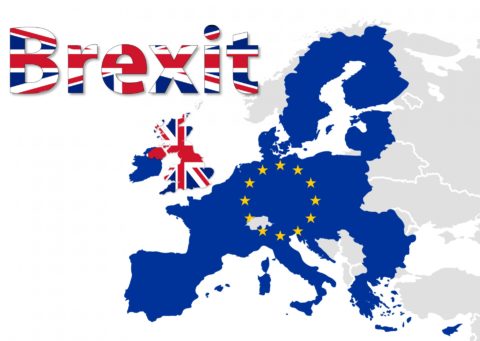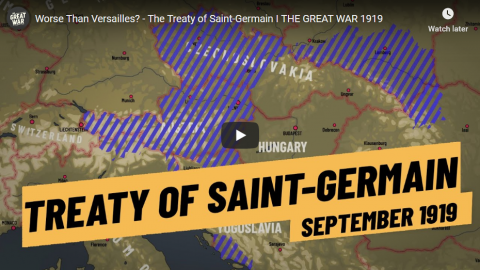World War Two
Published on 14 Sep 2019The Blitz continues as the German army seems close to the execution of Operation Sea Lion: the invasion of Britain.
Join us on Patreon: https://www.patreon.com/TimeGhostHistory
Or join The TimeGhost Army directly at: https://timeghost.tvFollow WW2 day by day on Instagram @World_war_two_realtime https://www.instagram.com/world_war_t…
Join our Discord Server: https://discord.gg/D6D2aYN.
Between 2 Wars: https://www.youtube.com/playlist?list…
Source list: http://bit.ly/WW2sourcesWritten and Hosted by: Indy Neidell
Produced and Directed by: Spartacus Olsson and Astrid Deinhard
Executive Producers: Bodo Rittenauer, Astrid Deinhard, Indy Neidell, Spartacus Olsson
Creative Producer: Joram Appel
Research by: Indy Neidell
Post-Production Director: Wieke Kapteijns
Edited by: Iryna Dulka
Map animations: EastoryColorisations by Norman Stewart and Julius Jääskeläinen https://www.facebook.com/JJcolorization/
Eastory’s channel: https://www.youtube.com/channel/UCEly…
Archive by Screenocean/Reuters https://www.screenocean.com.Sources:
– IWM: E 7304, E 1400, CH 4972, E 12789
– Italian poster – James Vaughan on Flickr
– Narodowe Archiwum CyfroweA TimeGhost chronological documentary produced by OnLion Entertainment GmbH.
From the comments:
World War Two
3 days ago
What if the Germans had invaded Britain this week? We will probably never know, but we get asked to give our views on counterfactual history questions like this all the time. Many did that during our first Q&A session on Instagram last week. We had a great time answering many questions about the war, about TimeGhost and about the production process, and we’ll certainly do similar Instagram Q&A sessions again. If you don’t already, you can follow us by looking up @world_war_two_realtime or https://www.instagram.com/world_war_two_realtime/Cheers,
Joram









